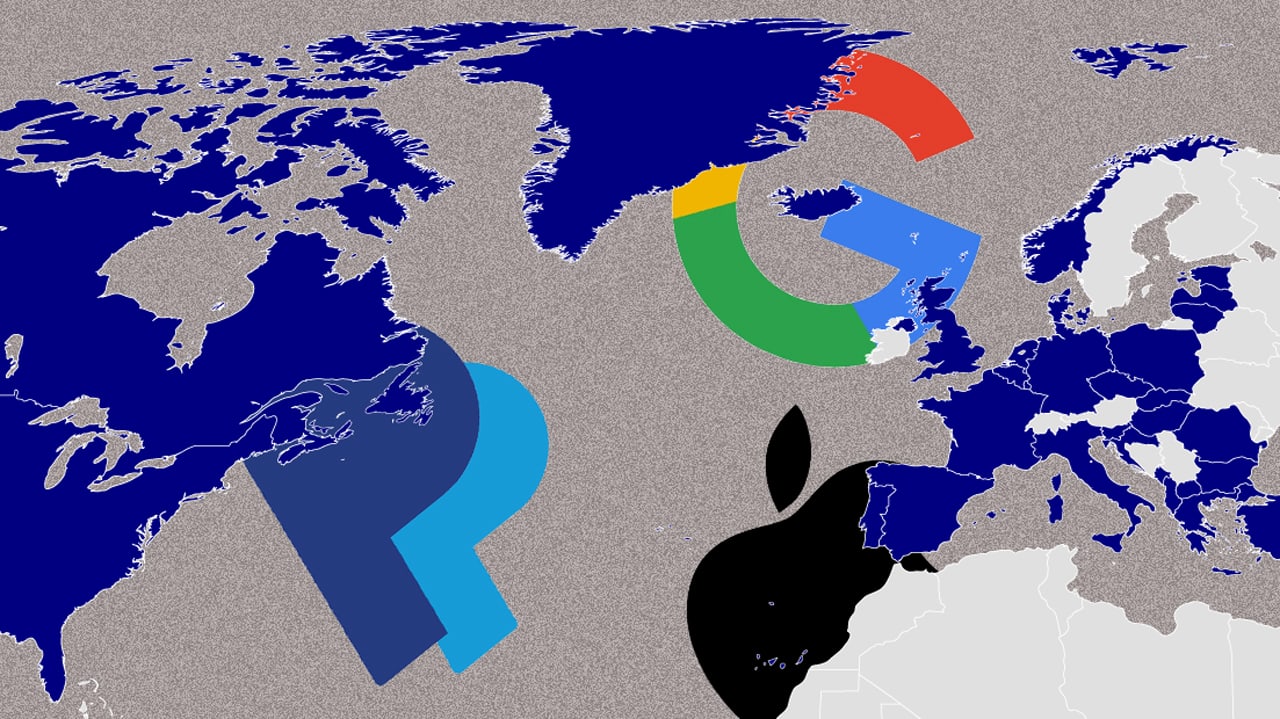Why NATO needs to admit not only Finland but also Google
A popular joke circulating online among Russian dissidents goes something like this: A Moscovite wife asks her husband if he understands what the war in Ukraine is about. Yes, thunders the husband, repeating the regime’s talking points—it’s a Russian campaign against NATO’s aggression! The wife continues, asking how the war is going, and here the husband grows somber, saying that the brave Russian military has sustained heavy losses, including more than 18,000 dead. And how many casualties, the wife inquires, did NATO suffer? The husband shrugs his shoulders. “I don’t know,” he says. “NATO hasn’t showed up yet.”
Like all good punch lines, this one, too, is multilayered. Neatly folded into the blunt criticism of Putin’s bloodbath is a larger realization about the way we wage war these days, and about how the old structures erected to keep the world at peace are no longer working.
NATO, alas, is Exhibit A. How did the alliance, formed in the aftermath of World War II and designed to stop precisely the sort of aggression now displayed by Russia, respond to Putin’s invasion? The most honest assessment we have comes courtesy of Ukraine’s president. Speaking to a summit of NATO leaders earlier this spring, Volodymyr Zelensky checked off a long list of NATO failures, from refusing to set up a no-fly zone to delivering too few weapons and munitions. “All the people who will die from this day will die because of you as well,” Zelensky said.
This pressing criticism begs an equally pressing question: If NATO is no longer an effective bulwark to keep the world’s bad guys at bay, what might its replacement look like? Having made a career in cybersecurity, assessing and defending against a different and ascendant type of risk, permit me a modest proposal: If you want world peace, think less England, France, and Germany, and more Google, Apple, and PayPal.
Let’s review the evidence. For one thing, the multinational corporations that generate so much of our economic growth have the technological capacities—to say nothing of the budgets—to design and implement the sort of swift and effective deterrence no government could easily provide. When PayPal exited the…


